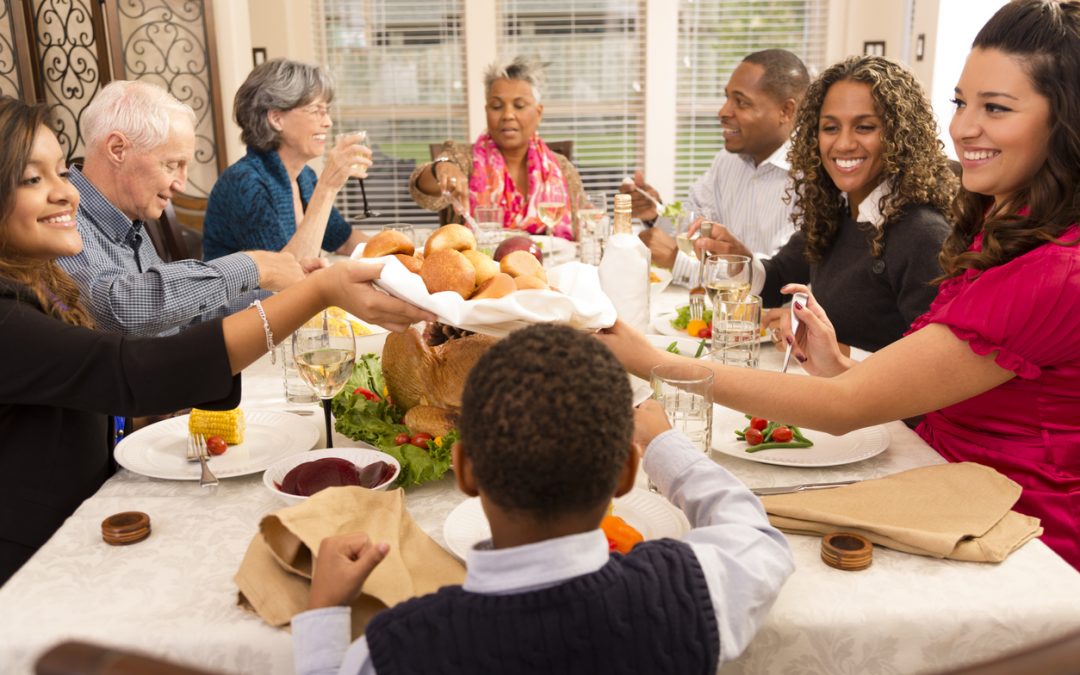For caregivers of those with memory challenges: Keep it simple. Don’t over commit.
Small groups and familiar places work best for those with memory challenges.
Be aware of the signs that your loved one is tired, hungry or overwhelmed and address it before it becomes a problem. Know what triggers behaviors that you prefer to avoid
Holidays are a time of increased risk of falls and other injuries, wandering, and colds and flu. Parties at unfamiliar homes can lead to serious falls. When you arrive survey the area for challenges that concern you and keep an eye on them. For example: stairs; scatter rugs; candles; and grills.
Monitor alcohol intake. If at all possible, provide non-alcoholic drinks for those with memory challenges. Cranberry juice and sparkling water in a wine glass may be a good substitute.
Don’t talk about your loved one in front of them. While others may try to do so, try to be ready to respond by changing the subject. If it’s a family member you may want to share what is going on. If it is a noisy neighbor you may just want to disengage.
Be specific with your family about expectations. Just because you always did the Holiday dinner doesn’t mean you have to do it this year … or ever again.
Your loved one may no longer appreciate their favorite foods from the past. Go with the flow. Their taste, experience of texture and the look of food may have changed.
Give your loved one gifts that are easily understood. Avoid complicated electronics, things that need to be assembled or have small print directions.
Take care of yourself. Ask for help. Find time for yourself to go to the movies or visit with friends, while someone else provides caregiving.
Get out regularly, mix up your routine and join in
- MV Center for Living’s Supportive Day Program
- Join a Support Group
- Go to Programs at your Council on Aging
- Attend Programs at your Local Library
- Volunteer
- Participate in a support group
- Attend a memory café




